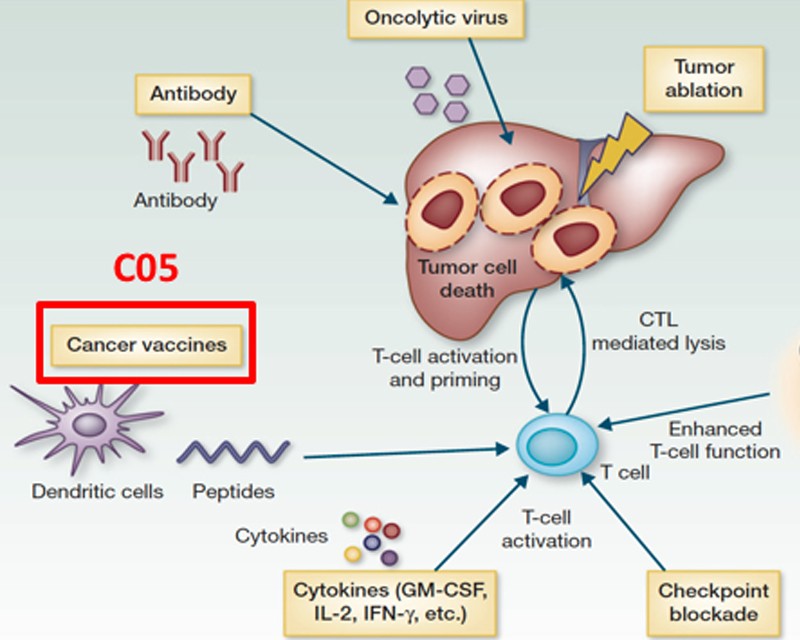AREA C
Research area C addresses the therapeutic potential of several complex superordinate regulatory mech-anisms in liver cancer; especially broadly active oncogenic mechanisms, tumor angiogenesis, and the tumor-associated inflammatory response are attractive targets for further interventional approaches. MYC is a frequently activated oncogenic factor that induces multiple target genes and programs and is there-fore an attractive but challenging target structure (C01, C02). The liver represents a uniquely vascularized and secondary lymphatic organ which makes tumor vascularization and tumor-associated inflammation relevant therapeutic issues in liver cancer. The transformation of liver vascular/sinusoidal meshwork into tumor sustaining vessels is poorly understood but decisive for malignant transformation and also intrahe-patic metastasis, the most relevant progression event of HCC (C03). Signaling induced by TNF, a key inflammatory mediator that also confers protumorigenic properties (also analyzed in Research area A (A06)), offers therapeutic potential (C04). Tumor-associated T-lymphocytes are unable to eradicate the existing liver cancer, but reestablishment of their antineoplastic competence based on interference with the tolerogenic mechanisms is an attractive interventional principle. Furthermore, immune response is considered a relevant effector mechanism of (viro)-oncolytic therapy (C05-07).
